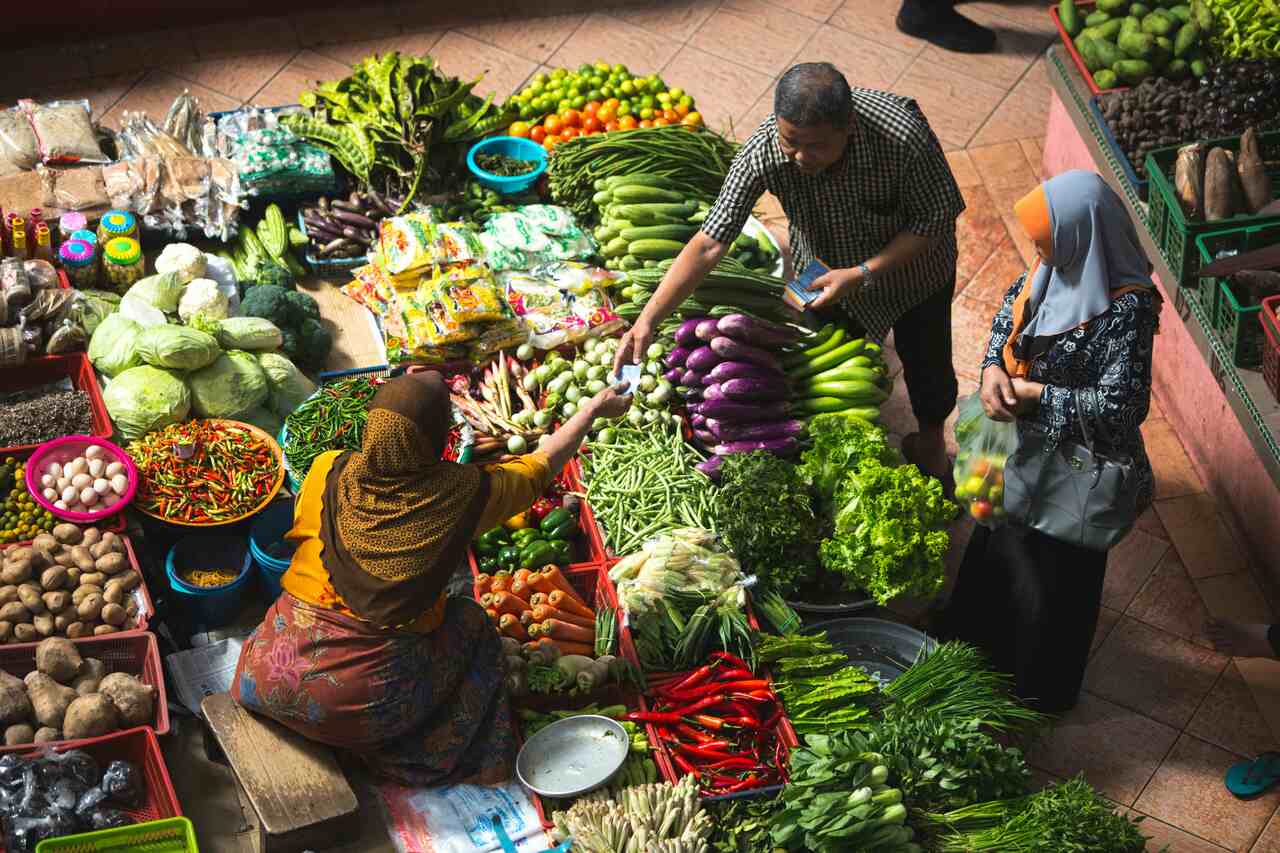
How to Bargain in Spanish for Good Deals
DATE:
Did you know that in many Spanish-speaking countries, bargaining is not just accepted but expected? Negotiating prices can be a fun and engaging way to connect with local culture and save money. But how do you bargain in Spanish effectively? Let’s dive in and explore essential phrases, cultural tips, and practical dialogues to make your bargaining adventures successful.
Essential Phrases for Bargaining in Spanish
Asking for the Price
Understanding how to ask for the price is the first step in any bargaining process. Here are some questions to get you started:
- ¿Cuánto cuesta? – How much does it cost?
- ¿Cuál es el precio? – What is the price?
- ¿Cuánto vale? – How much is it worth?
Expressing Interest
Once you know the price, expressing interest can help set the stage for bargaining:
- Me gusta este… – I like this…
- Estoy interesado/a en esto. – I am interested in this.
- ¿Es posible ver algo similar? – Is it possible to see something similar?
Making a Counter-Offer
Negotiating prices involves making counter-offers. Use these phrases to start haggling:
- ¿Me lo puede dejar en…? – Can you give it to me for…?
- ¿Acepta…? – Do you accept…?
- Le ofrezco… – I offer you…
Accepting/Rejecting an Offer
Knowing how to accept or reject offers is crucial:
- Está bien, lo llevo. – Okay, I’ll take it.
- Es muy caro. – It’s too expensive.
- Lo siento, no puedo pagar tanto. – Sorry, I can’t pay that much.
Cultural Considerations and Etiquette
Respectful Bargaining
Bargaining in Spanish-speaking countries should always be done with respect. Politeness and a smile can go a long way:
- Always greet the seller with Buenos días (Good morning) or Buenas tardes (Good afternoon).
- Use por favor (please) and gracias (thank you) generously.
Nonverbal Communication
Nonverbal cues can be just as important as what you say:
- Maintain eye contact and use friendly gestures.
- Show genuine interest but also be prepared to walk away if the price isn’t right.

Tips for Successful Bargaining
Start Low
Begin with a lower offer than what you are willing to pay. This gives you room to negotiate:
¿Me lo dejaría en…? – Would you let me have it for…?
Be Patient
Patience is key. Sellers often expect some back-and-forth before agreeing on a price:
Voy a pensarlo. – I will think about it.
Quizás más tarde. – Maybe later.
Walk Away If Necessary
Sometimes walking away can bring the price down. Sellers may call you back with a better offer:
Está bien, gracias. – Okay, thank you.
Voy a buscar en otro lugar. – I’ll look somewhere else.
Practice Dialogues: Bargaining Scenarios
Bargaining for Souvenirs
Scenario: You are at a market looking for a souvenir.
Tú: ¿Cuánto cuesta esta figurita?
Vendedor: Cuesta veinte euros.
Tú: Es muy caro. ¿Me lo puede dejar en quince euros?
Vendedor: Dieciocho euros, y es tuyo.
Tú: Está bien, lo llevo.
Bargaining for Food
Scenario: You are buying fruits at a street vendor.
Tú: ¿Cuál es el precio de un kilo de manzanas?
Vendedor: Tres euros por kilo.
Tú: ¿Aceptas dos euros?
Vendedor: Dos cincuenta.
Tú: Trato hecho. Gracias.
Finding Markets and Shops in Spanish-Speaking Countries
Traditional Markets
Traditional markets are treasure troves for unique items:
- Look for mercados tradicionales which are bustling with local vendors selling everything from food to crafts.
Street Vendors
Street vendors often offer the best deals and are more open to bargaining:
- Approach vendedores ambulantes with confidence and a friendly demeanor.
Local Shops
Local shops, known as tiendas locales, can also be great places for haggling, especially in tourist areas.

Mastering Bargaining in Spanish
Bargaining in Spanish can significantly enhance your travel experience, helping you connect more deeply with the local culture while saving money. By using the essential phrases, understanding cultural nuances, and practicing with real dialogues, you’ll be well-equipped to negotiate prices confidently.
Ready to take your Spanish shopping skills to the next level? SpanishVIP offers the perfect opportunity to start with a free 1:1 class or enjoy a free 7-day trial of our group classes. Our dedicated teachers and student success advisors are here to help you become fluent in Spanish, making every market visit a delightful and successful adventure. Sign up today and start your journey towards mastering Spanish for shopping!








